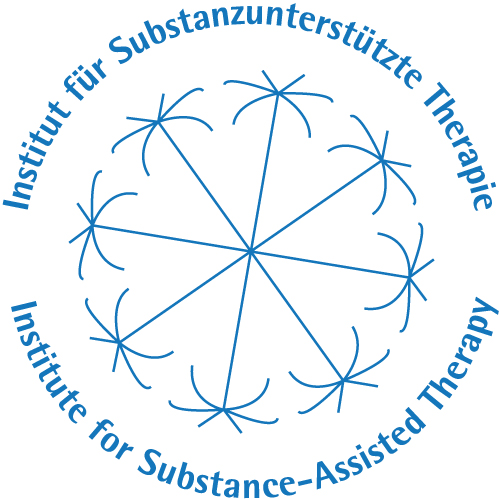Based on its own research and experience to date and that of other practitioners, the Institute for Substance-Assisted Therapy does not see the use of psychoactive substances in therapy as a pharmacological adjunct to other therapies (augmented therapy), as the effect of the substances can be so altering that conventional schools of therapy cannot do justice to this in many cases. The depth of experience requires more specific interventions than in other therapies.
The Institute does not see Substance-Assisted Therapy exclusively as the experience of taking a substance that should or must be treated therapeutically afterwards. Rather, it is an independent form of therapy in which the effect of the substance itself is understood as the basis of therapeutic work. Therapeutic work is not only carried out before or after the effect of the substance, but also during the effect of the substance itself. This is the special feature, developed from years of experience, that characterizes the form of therapy developed by the Institute and distinguishes it from other players in this field. The IST emphasizes the importance of therapeutic support because the pharmacological effect of the substance alone is not the decisive element.
Based on the varying intensity or density of care required, the institute distinguishes between therapists, facilitators, and sitters, based on the current state of development in supporting clients experiencing substance use:
• Therapists have the ability to use a variety of therapeutic interventions and are willing to engage in a therapeutic process during the session.
• Facilitators either have a limited range of therapeutic interventions or, due to fundamental considerations, only a limited willingness to engage in therapeutic interventions.
• The task of sitters is exclusively to provide the external framework and to meet the clients’ essential basic needs. They leave the clients entirely to their own process and do not intervene.
